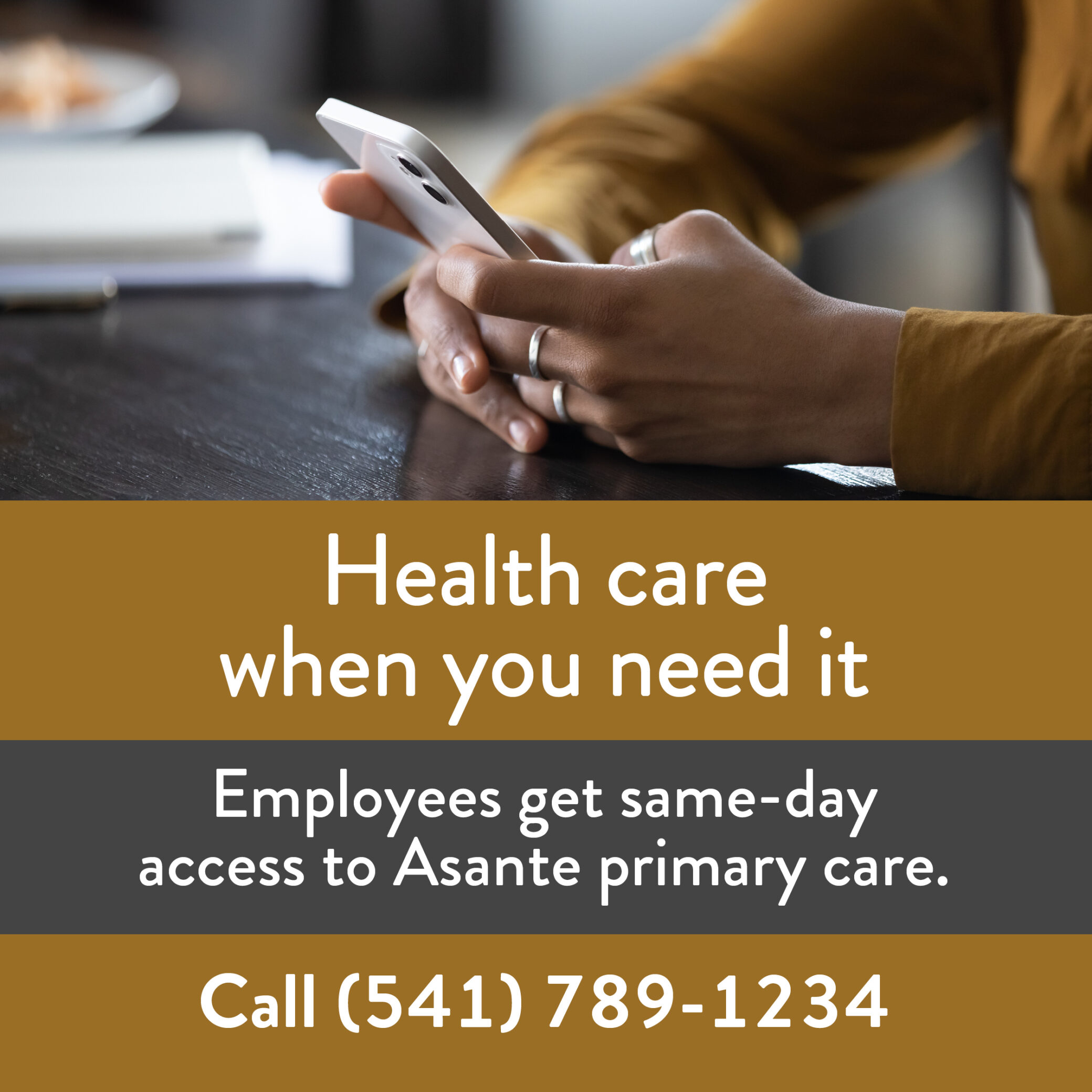Share:
Talking with your patients about the COVID-19 vaccines
With the COVID-19 vaccines dominating the news and social media, it’s to be expected that some misinformation has crept in. As nurses we can do a lot to help clear confusion and ease fears over COVID-19 vaccines.
With the help of Asante’s patient experience team, we’ve put together some facts about the COVID-19 vaccines and Words That Work when discussing the vaccine with patients.
VACCINE FACTS
- The vaccines were developed with the same stringent safety standards as other vaccines, including clinical trials and safety monitoring.
- mRNA technology, which was used to develop the Pfizer and Moderna vaccines, is new but not unknown.
- The CDC uses V-SAFE, a mobile app that monitors side effects and sends follow-up texts.
- Short-term side effects include fever, body aches and headache. No long-term side effects have yet been noted.
- Ongoing pandemic precautions may still be required for months after the vaccine is widely available.
WORDS THAT WORK
Ask the patient what questions or concerns they have about the vaccine.
The goal is not to persuade the patient to get the vaccine, but to first build trust and understanding. Asking questions opens the door to sharing information.
Words that work:
- “A lot of people have questions or concerns about the COVID-19 vaccine. What questions do you have?”
- “Tell me more about your reasons for not wanting the vaccine. I would like to understand more about it.”
Listen to the patient.
Listening and validating the patient’s thoughts builds trust and shows empathy.
Words that work:
- “I get it. It’s new and seems to have come about so quickly.”
- “I understand. These are such uncertain times right now.”
- “It’s normal to have those concerns.”
- “Thank you for sharing your thoughts and beliefs with me.”
Ask the patient if you may share information about the vaccine.
Words that work:
- “Would you like to hear some information about the COVID-19 vaccine?”
Encourage patients to reach out to their providers if they have more questions.
Words that work:
- “I see you have a lot of questions and that’s great! I encourage you to touch base with your primary provider to see what your best options are.”
If a patient asks if you’re vaccinated.
Team members should never feel obligated to share their own personal information with patients or others about whether or not they have received the vaccine. They may share facts in line with what is shared from Asante but are not required to share their personal health information.
Words that work:
- “It’s normal to want to know what others are doing. It is my practice to not share my personal health information with anyone. I am happy to share facts about the vaccine and resources available for you to learn more.”
Remember, our goal is not to persuade patients to get the vaccine, but to understand their thoughts and feelings about the vaccine and then support them with information if they are open to hearing it.
— Trina Thomas, patient experience coordinator at ARRMC, contributed to this report
If you have a question, please contact the author or relevant department directly.



